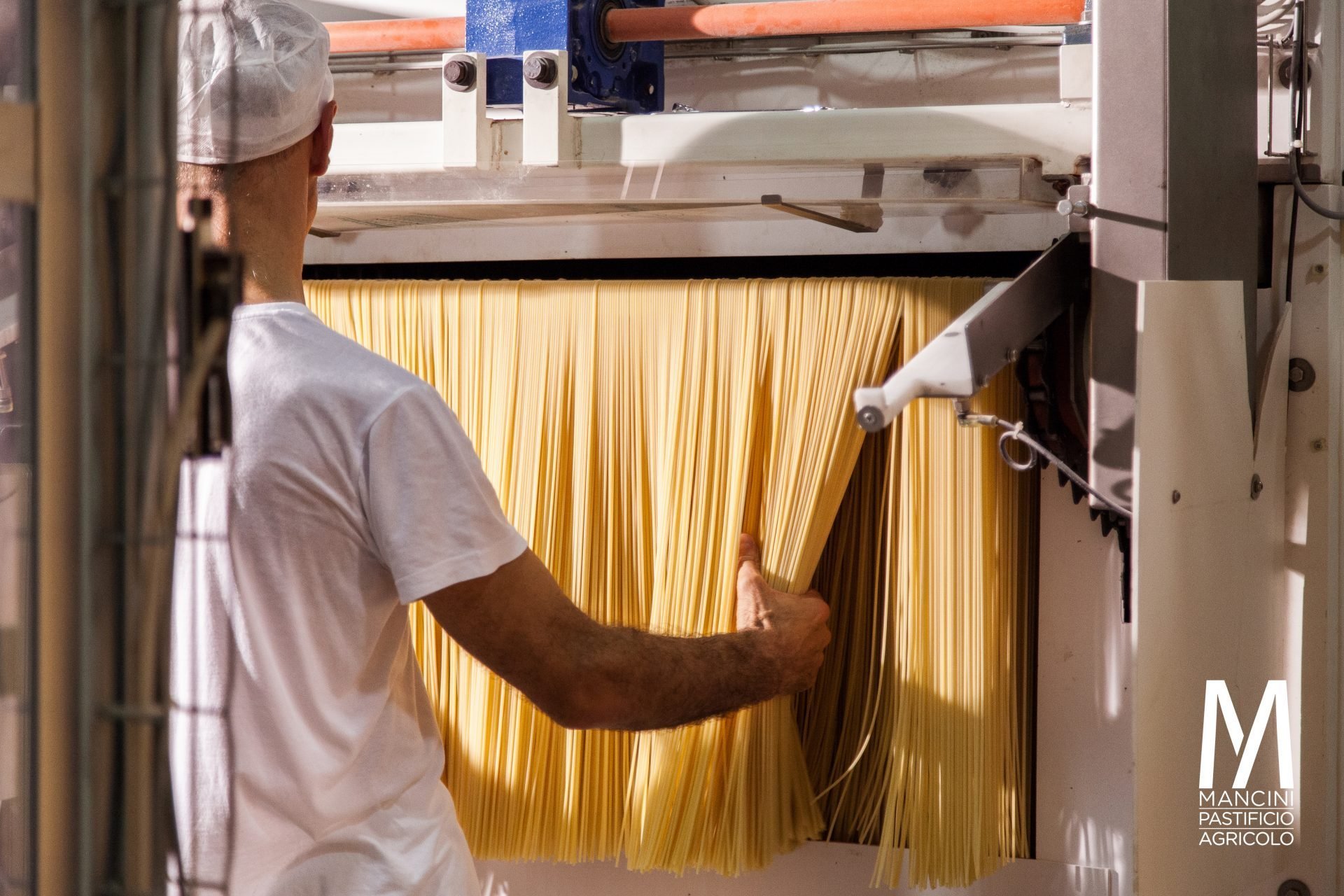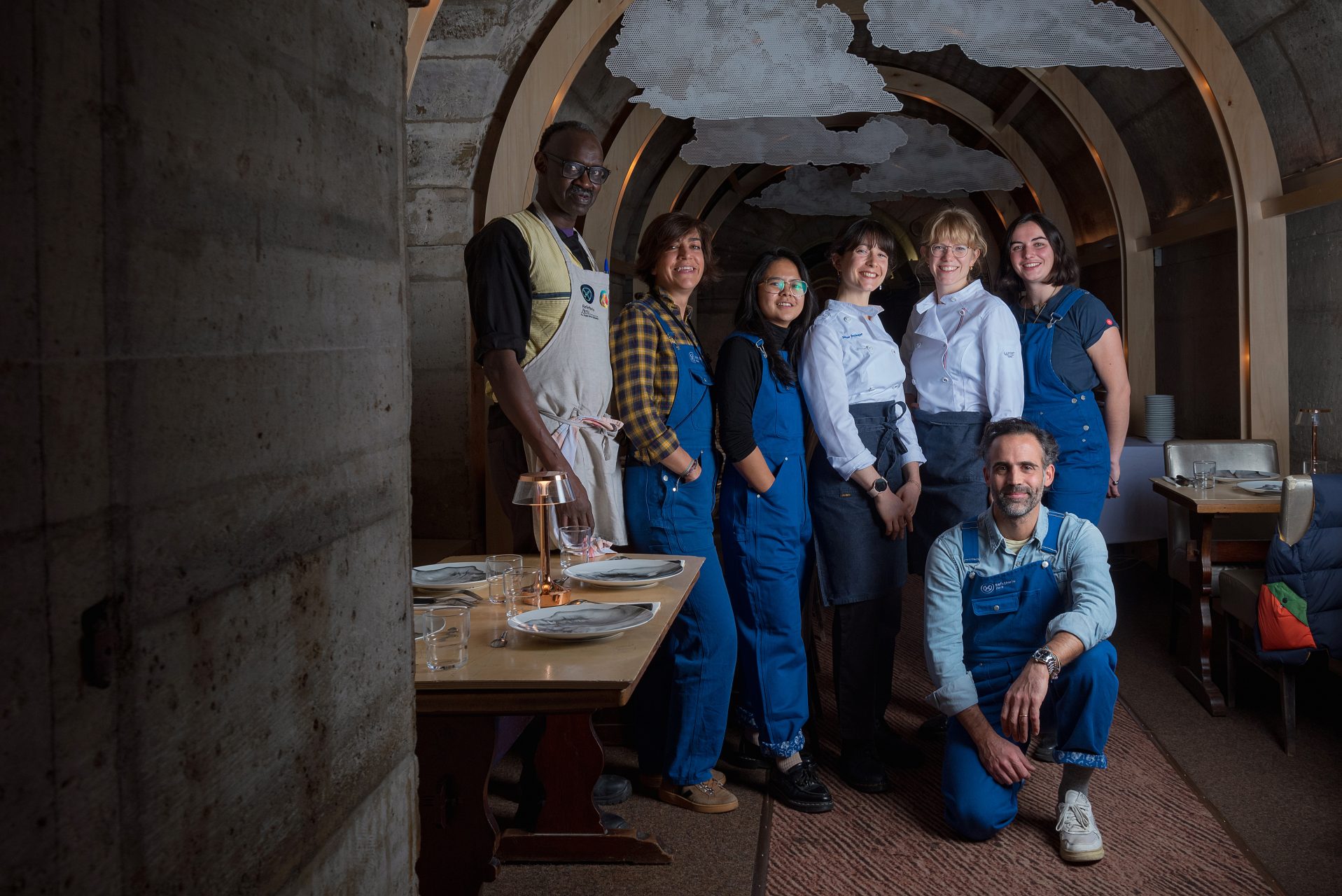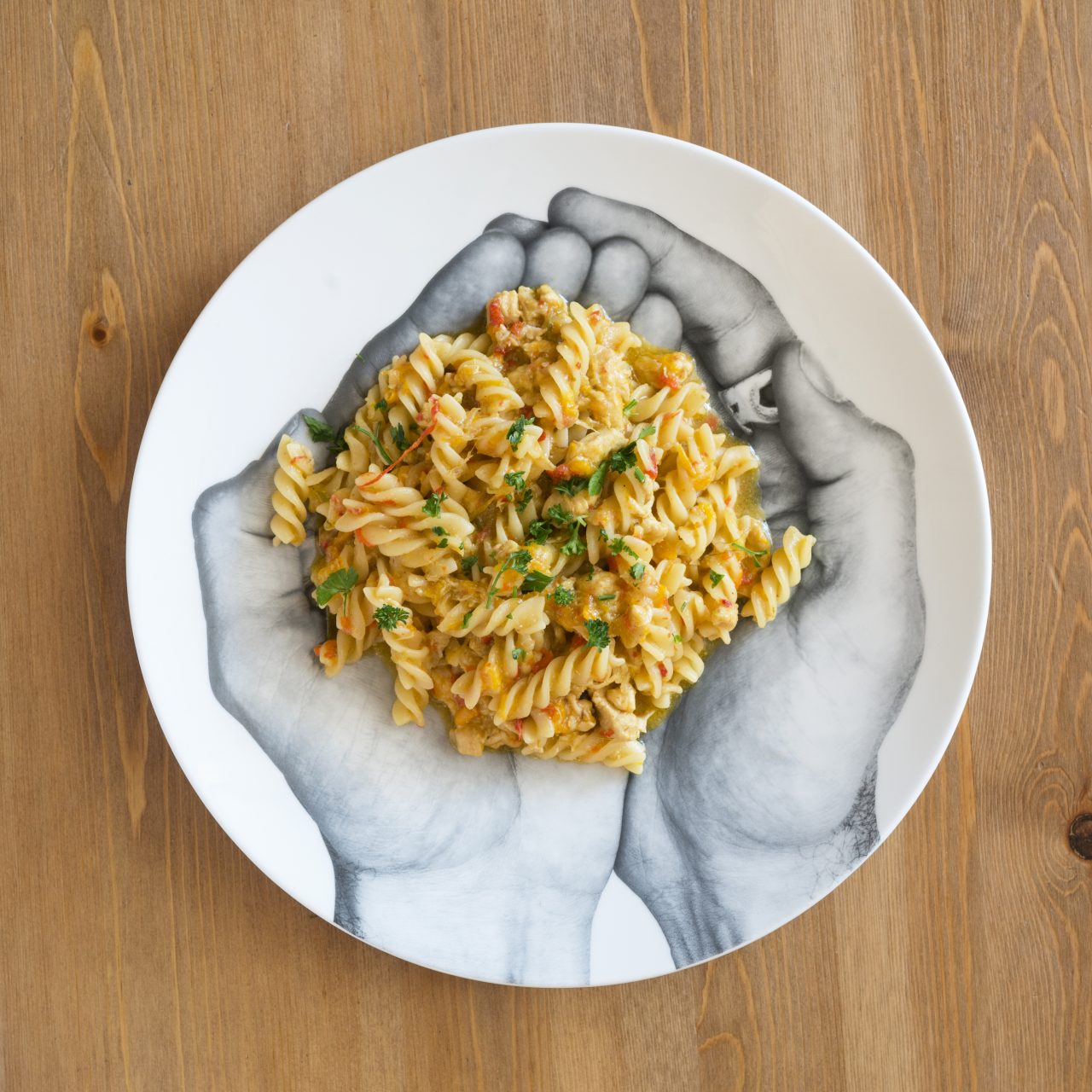Credits: Isa Balena
The Director of Caritas Ambrosiana, Luciano Gualzetti, told us how, through solidarity, the Refettorio Ambrosiano has been able to adapt its services to the needs of the community.
We tried to stay true to the spirit of the Refettorio, a beautiful place where people can gather together. Even now that we are asked to social distance ourselves from others, we have tried to remain close to those in need, it’s almost a paradox,” says Luciano Gualzetti, Director of Caritas Ambrosiana.
Since the 23rd of February, following the implementation of the first social distancing measures in response to the COVID-19 outbreak, Caritas has tried to keep its services alive, without forgetting its mission and values: to be present for and close to those who need it the most.
One of these services is the Refettorio Ambrosiano, which has been welcoming people in situations of social vulnerability since 2015 by offering them a daily meal service and a place where they could feel welcome.
“We don’t help people remotely, but by meeting them face-to-face. Based on these interactions, we decide the most appropriate services and interventions that can help them become independent. To everyone, also to those who work at the Refettorio, I always say: “We are not doing well if we provide more meals, but if our services are not needed anymore because it means that those who had come to us for help, have found their way and are able to live independently without us. And this is possible only if you meet people, if there are services that support them.”
And despite the difficult times we are living, the Refettorio Ambrosiano never ceased to offer services that respond to the actual need of the community. At the beginning of the emergency, the Refettorio started distributing takeaway bags – hot and complete meals were prepared inside the Refettorio’s kitchen and then distributed through reception centers, at home or on the street. After 10 days, due to the possible health and safety problems that could arise from people having to eat on the street, the space reopened with the necessary precautions: 2 meters from each guest, strict rules on hand washing, compulsory masks and gloves etc. Following the reopening, however, the chef of the Refettorio got sick and the project had to restore the initial meal distribution service, adapting it again to the new situation.
This week, Refettorio Ambrosiano reopened its doors with new measures that could allow guests to feel welcome and safe at the same time: hands must be washed before entering the space, only two people per table are allowed, and the service has been extended starting now from 5.30pm and allowing for more shifts.
With the Refettorio, also the other services offered by Caritas have remained open, including soup kitchens throughout the region and the Centri d’Ascolto (Listening Centres), allowing people access to a support network that never let them feel marginalized or invisible. “These people have often no access to proper information, they run the risk of being infected because they don’t have masks or gloves. But they are as scared as we are – the only difference is that we have a house or an income. We must not forget that that we are talking about the area most affected by COVID-19, and in general the situation is very difficult for people who come to the Refettorio, we had to find a balance for them, as well as for our employees and volunteers.”
Needless to say, this moment will have long-term effects, especially for the most vulnerable people in our society – “We don’t know how it will be managed, people are already showing signs of depression, anxiety, they tell us that they are having problems sleeping, and it’s rather alarming because it can lead to depression, stress, but also to resentment and anger. Caritas is receiving requests for food but also for financial contributions, and I think this fear should be reworked and oriented towards building a better future for everyone, without leaving anyone behind.”










